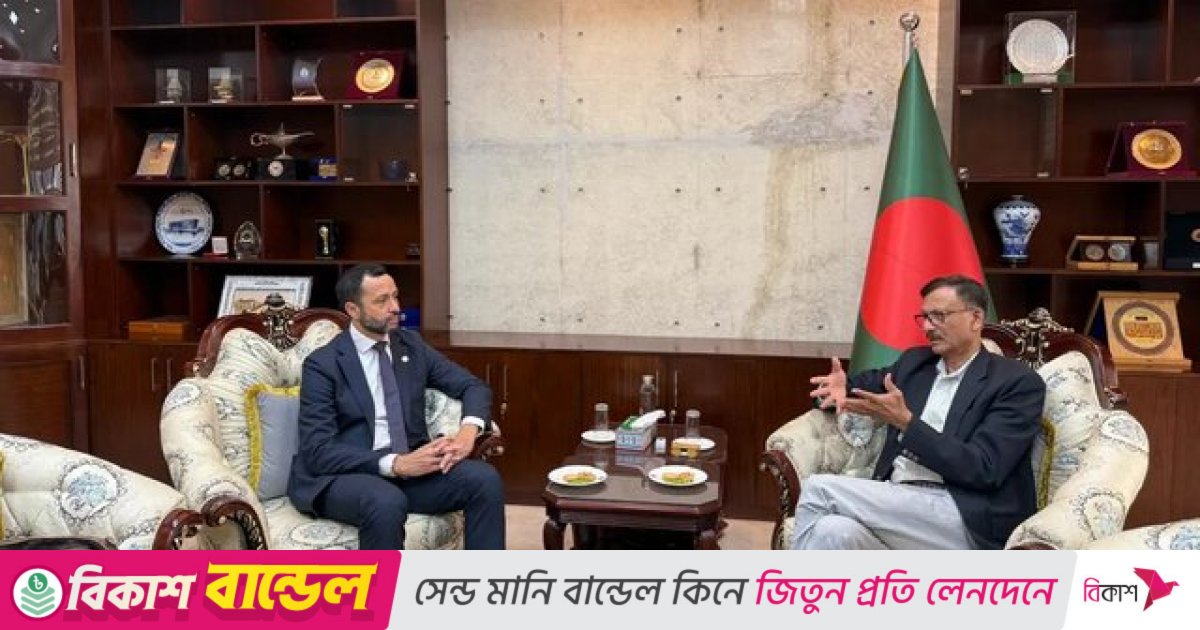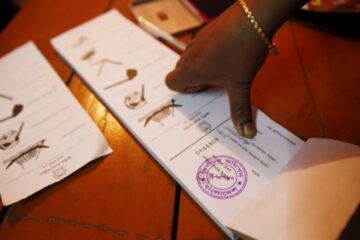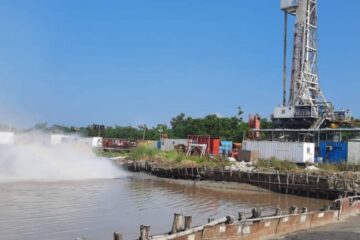New Country Director for the International Labour Organization (ILO) Office in Bangladesh, Max Tuñón, on Wednesday said their collective efforts will not only provide more decent working conditions for a larger share of the workforce, but they will also improve the country’s ability to attract investment.
He made the remarks after submitting his credentials to Foreign Affairs Adviser Md Touhid Hossain at the Ministry of Foreign Affairs.
Tuñón arrives in Bangladesh at a time when the ILO mandate to promote decent work and social justice is high on the national agenda.
“The urgency of the decent work agenda in Bangladesh is evident,” said Tuñón. “With two million young men and women entering the labour market each year, we must work together to ensure that economic growth is inclusive and generates jobs with dignity.”
The ILO has been providing support to the government and social partners as they consider amendments to the Bangladesh Labour Act, and to ensure the effective implementation of laws and policies.
Moreover, the ILO works to enhance the employability of men and women, ensuring they have the skills needed by employers, as well as by supporting an enabling environment for them to start and grow businesses.
Prior to arriving in Bangladesh, Max Tuñón was the head of the ILO Office in Doha that supported a comprehensive labour reform agenda in Qatar.
He previously served as a technical specialist in the same office, overseeing the program on wages, labour inspection and occupational safety and health. He has also worked in the ILO sub-regional offices in Bangkok and New Delhi, as well as the ILO Office in Beijing, said the ILO.
The ILO Office in Bangladesh is one of the ILO’s largest country offices worldwide. It has a broad portfolio to advance greater alignment with the fundamental principles and rights at work.
The office also supports the government’s vision to create decent work opportunities and enhance social protection systems, including for marginalized groups.
The ILO’s support to Bangladesh is delivered through Decent Work Country Programs (DWCP) jointly developed and agreed with tripartite partners – the government, employers’ and workers’ organizations.



